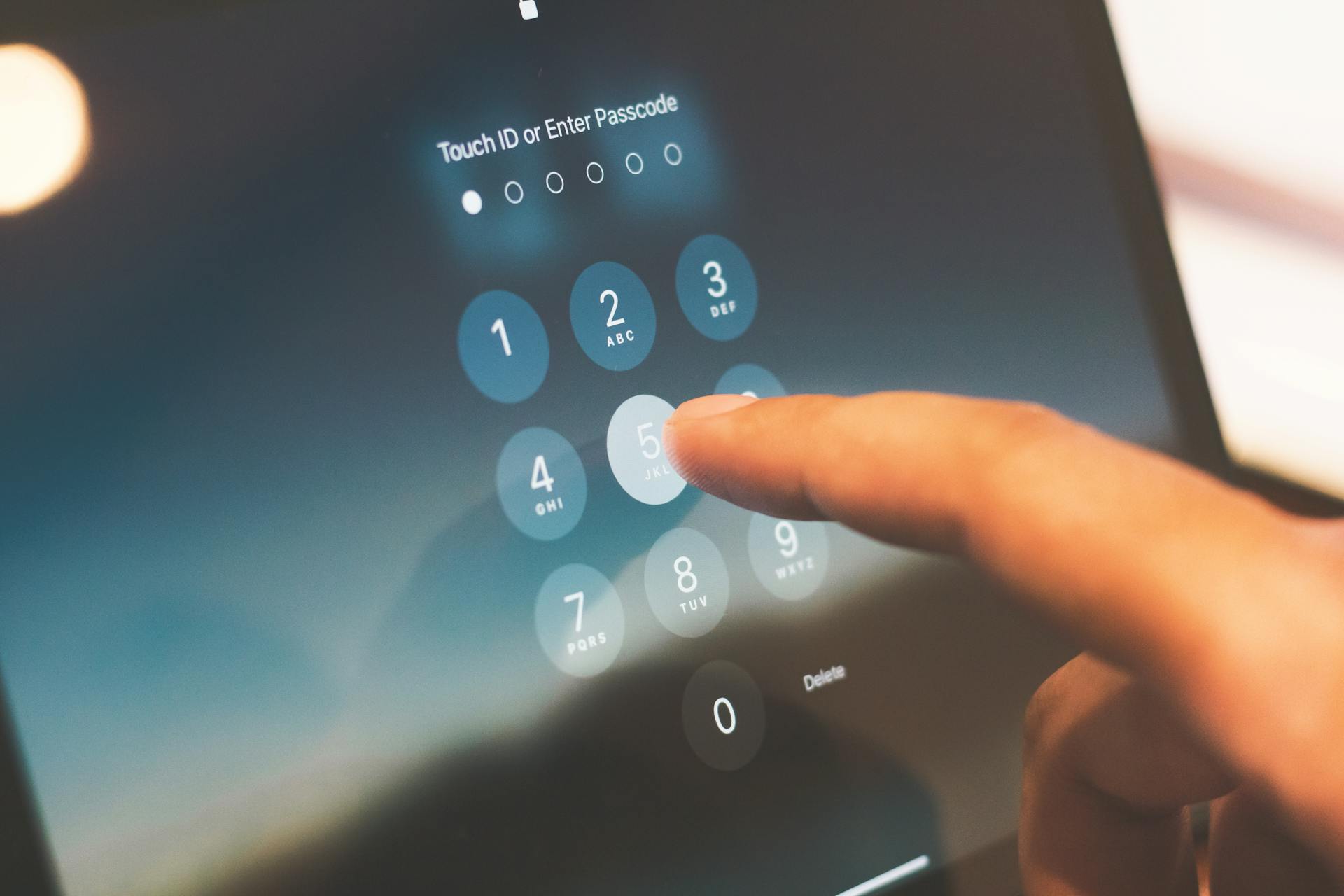
Small and medium-sized businesses (SMBs) are not exempt from the dangers of cyber threats, even if they may believe they are too small or well-equipped to face them. This was the case for one such small company that, despite initial reluctance to invest in cybersecurity measures such as Conditional Access Multifactor Authentication (MFA), faced a catastrophic spear phishing attack that nearly brought their business to its knees.
Initial Hesitations on Implementing Cybersecurity Measures
As a small business with limited IT resources and budget, the company initially hesitated to invest in cybersecurity measures such as MFA. They cited common reasons for their reluctance, including concerns about cost, the belief that their size made them an unlikely target, and misplaced confidence in their in-house IT team’s ability to prevent an attack.
The Spear Phishing Attack
The turning point came when the company fell victim to a devastating spear phishing attack. The CEO’s email address was easily accessible on various social media platforms, including LinkedIn, Facebook, Twitter, and Instagram. The attacker exploited this information and eventually leveraged it to successfully trick the CEO into divulging login credentials.
Once the attacker gained access to the CEO’s account, they had unrestricted access to the company’s sensitive documents. This included HR records, vendor agreements, payment records, invoices, credit card numbers, social security numbers, and other confidential information dating back to the company’s inception 10 years prior.
The Devastating Consequences of the Attack
The aftermath of the attack was disastrous. The damage caused was widespread and persistent, even 13 months after the breach was discovered. Several consequences unfolded:
1. Reputation Damage: The company’s reputation took an irreparable hit. Clients lost trust, and potential partners were hesitant to engage.
2. Financial Losses: The breach resulted in a significant loss of revenue. Customers left, new business opportunities dwindled, and some employees were laid off while others left on their own.
3. Employee Retention Issues: Employees lost faith in the company’s ability to protect their data, leading to a decline in retention rates. Valuable talent departed, causing further disruption.
4. Legal Challenges: The breach resulted in several lawsuits that threatened to bankrupt the company. Legal fees and settlements drained their resources.
5. Technical Challenges: The need for a new server arose as Windows Server 2012 reached its end of life. However, funds were scarce due to the financial aftermath of the breach, hindering essential upgrades and potentially putting them at further risk of another attack.
Why Conditional Access MFA Matters
This case underscores the critical importance of implementing cybersecurity measures like Conditional Access MFA, even for small businesses. If MFA had been implemented for the CEO’s account, the spear phishing attack could have been caught earlier or stopped in its tracks completely.
MFA adds an extra layer of security by requiring multiple forms of authentication before granting access. Typically, this involves something the user knows (password), something the user has (a mobile device or token), and sometimes something the user is (biometrics). In the case of the CEO, even if the attacker had obtained the password, they would have been unable to access the account without the additional authentication factors. Conditional Access Multifactor Authentication specifically relies on policies set by IT admins to catch any suspicious activity and enforce additional security layers to weed out an attacker trying to sneak on stolen credentials.
The Cost of Not Investing in Cybersecurity for Small Businesses
The consequences of this spear phishing attack were far-reaching and damaging. The company’s reluctance to invest in cybersecurity measures like Conditional Access MFA ultimately led to significant losses, on top of having to pay for the additional layers of protection regardless to ensure they could not be exploited again. Small businesses should take this case as a cautionary tale, understanding that they are not immune to cyber threats.
Conditional Access MFA serves as a robust defense against attacks that can have catastrophic consequences. It is a relatively small investment compared to the potential losses incurred in the aftermath of a breach. In today’s digital age, protecting sensitive data and maintaining trust with customers and stakeholders must be a top priority for businesses of all sizes.
Partner with SWK to Find Your Solution
By partnering with the experts at SWK Technologies, you’re taking a step toward success. With proven expertise and award-winning services, our team will help you unlock the value you need from your technology solutions and get the most out of your investment.
Contact SWK here and learn how we commit to enabling success for every one of our clients.
